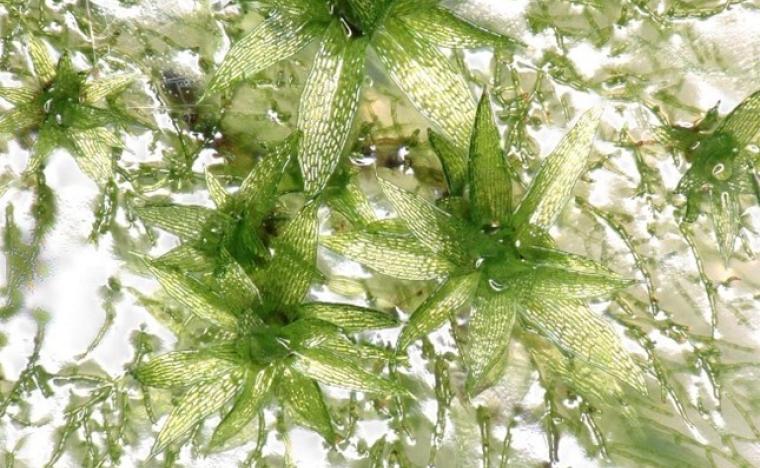IFSCC 2021 - “Cosmetic science that awakens the senses”
At the 2021 IFSCC (International Federation of Societies of Cosmetic Chemists) Conference with the conference title of “Cosmetic science that awakens the senses”, which took place virtually in October, the newest research and technologies in the field of cosmetic ingredients, testing methods and biochemical processes in the skin were presented.
Mibelle Biochemistry participated with two posters and an oral presentation on the following topics:
Nicotinamide adenine dinucleotide (NAD+) is an essential cofactor for the cellular energy metabolism in all living cells as well as a co-substrate for various cellular processes. NAD+ levels are known to decline during aging throughout the body. To replenish NAD+, often the precursor NMN is used, as it can be taken up by cells. However, NMN is unstable in water. We therefore encapsulated NMN into Solid Lipid Nanoparticles to stabilize it in cosmetic formulations. Additionally, we investigated possibilities to boost the gene expression of NAMPT, the rate-limiting enzyme in the recycling pathway of NAD+ and could show that a sunflower sprout extract significantly stimulated NAMPT production.

Retinol continues to be a huge trend in cosmetics. A derivative of retinol, retinoic acid, plays a role in cell proliferation and differentiation and is well known for its anti-aging and anti-acne effects. To complicate matters, use of retinoic acid in cosmetics is not allowed in many countries, stabilization of retinol in formulations is not easy and high concentrations of retinol may lead to skin irritation. Additionally, increase in retinoic acid levels in the skin leads to the production of enzymes called CYP26 that degrade retinoic acid. We hypothesized that by inhibiting CYP26 enzymes, we could boost the activity of retinoic acid in the skin for positive long-term effects. Indeed, treatment of keratinocytes with mastic, the resin from the pistacia lentiscus tree, reduced CYP26A1 expression, increased retinoic acid activity and had a positive effect on acne-prone skin in clinical studies

Happiness and stress do not only affect our mood but also our skin. The neurotransmitter beta-endorphin is known to cause a feeling of happiness and wellbeing and to counteract stress by binding to the opioid receptor, which is also present in the skin. Plant endorphins, like those present in monk’s pepper extract, have been shown to bind to the same receptor. We set out to further broaden the knowledge on the effect of beta-endorphin, the stress hormone cortisol and monk’s pepper extract on different skin cell types. We observed an improved vitality of keratinocyte stem cells after treatment with beta-endorphin. Additionally, a newly developed assay showed that intrinsic stress sensitizes skin cells and contributes to UV-induced oxidative damage. This damage could be reduced by treatment with beta-endorphin or monk’s pepper extract.









